Learn how to incorporate flaxseeds into your diet to get maximum health benefits. From adding them to smoothies to making chutney powder to using them as an egg substitute in baking, discover new ways to enjoy this superfood.
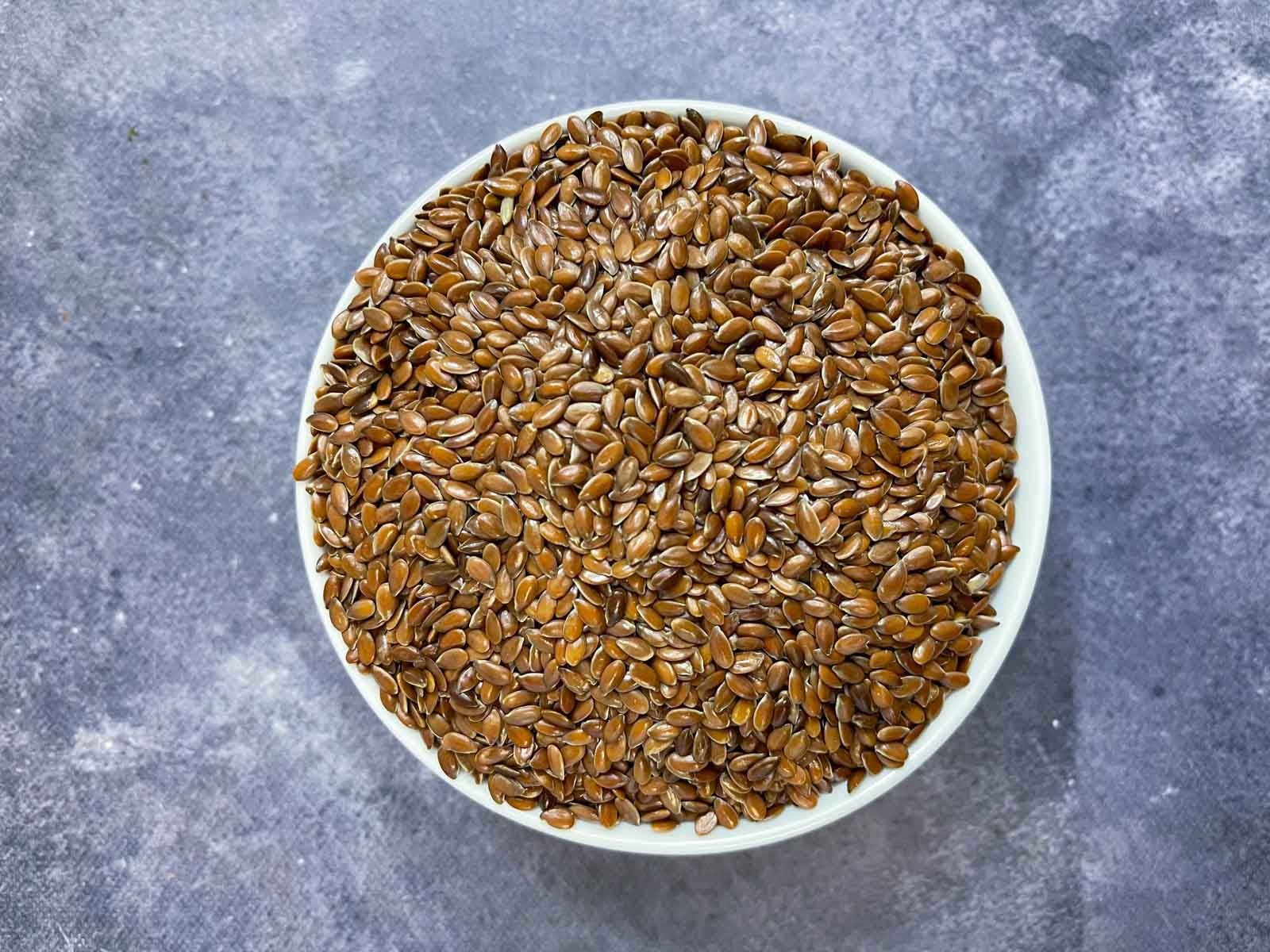
The newest health craze, seeds, are nutrient-dense and full of health benefits, but disappointingly, not many people seem to be on board. While seeds are a blessing for health since they are teeming with proteins, vitamins, and minerals, they have yet to achieve widespread public recognition.
Many people think these seeds don't make a good lunch or snack since they lack flavor. But do you know what? It’s not necessary to consume seeds as is. You can have it in a variety of forms. We are going to tell you about flax seeds, and how to incorporate them into your diet.
Jump to:
What Are Flax Seeds?
Flaxseeds, sometimes known as linseeds, are small, nutty-flavored seeds that come from the flax plant (Linum usitatissimum).
Flaxseeds are available in both golden and brown varieties and can be consumed whole, ground, or in oil form.
Flaxseeds are a good source of omega-3 fatty acids, antioxidants, and dietary fiber. Among other nutrients and minerals, they are a rich source of plant-based protein, magnesium, calcium, phosphorus, and lignan.
Health Benefits Of Flax Seeds
Flaxseeds are a potent source of several crucial nutrients that might benefit our overall health. While these miracle seeds appear little, they are stuffed with a ton of beneficial qualities for your health.
- A great source of soluble mucilaginous (gum-like) fiber, flaxseeds help control blood sugar levels and reduce harmful cholesterol (LDL).
- Flaxseeds make you feel full and help with weight control since they are satiety-rich and high in energy.
- Improves heart health.
- Flaxseeds are also beneficial to eye health.
How To Eat Flaxseeds?
When ground, flaxseeds become so diverse that you don't even need to think twice about creating a delicious assortment of delights. Every food may be given a nutritious, toasted, nutty twist by adding a tablespoon of flaxseeds, including soups, salads, oatmeal, bread, desserts, and beverages.
Buying Tips
Whether purchasing whole flaxseed, oil, or ground meal, be sure to see bottles and bags with opaque packaging since light can harm delicate nutrients in the flaxseed and cause its oils to deteriorate. To ensure you're purchasing the freshest possible goods, look at the "Best If Used By" date.
How to Store Flaxseeds?
- Store them dry: Flaxseeds can spoil quickly if they come in contact with moisture. To prevent this, store them in a dry place away from any liquids or water.
- Keep them in an airtight container: whole or ground flaxseeds should be stored in an airtight container to prevent them from oxidizing the fatty acids in the seeds.
- Store them in the fridge or freezer: Ground flaxseed can oxidize and turn rancid quickly when it’s exposed to heat, air, or moisture. To keep the flaxseed or flaxseed meal fresh for longer, it is best to store them in the refrigerator or freezer in an airtight container. The lower temperatures and shielding from the light will help prevent spoiling. Even if the package has not been opened, the refrigerator is the best location to store your flaxseeds.
Flaxseeds Recipes
- Flaxseeds Chutney Powder
- Flaxseed Smoothie
- Flaxseeds Roti/Paratha
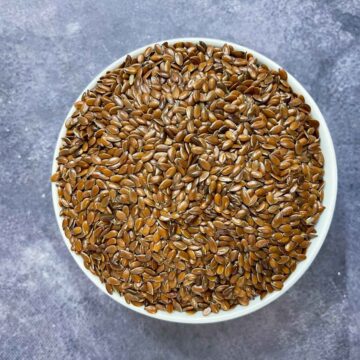
How to Eat Flaxseeds
★ Like this recipe? FOLLOW ME on Facebook, Instagram, Pinterest, and Youtube for more quick & easy recipes.

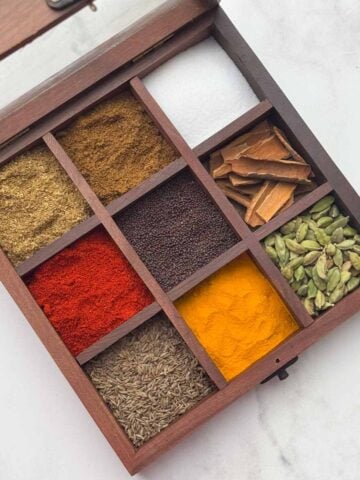
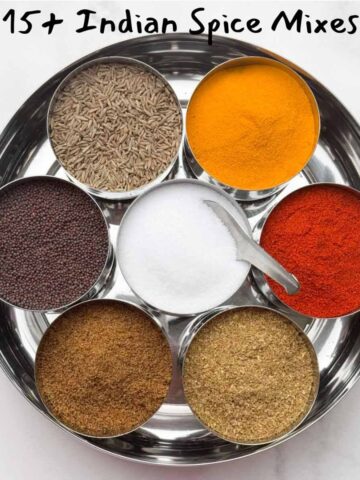
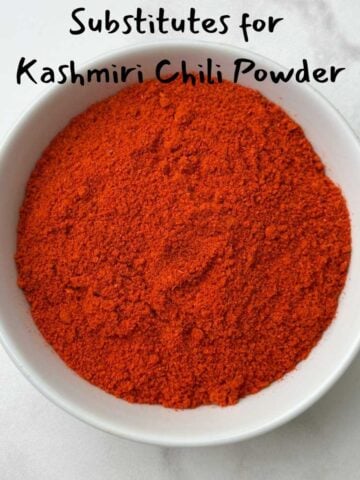
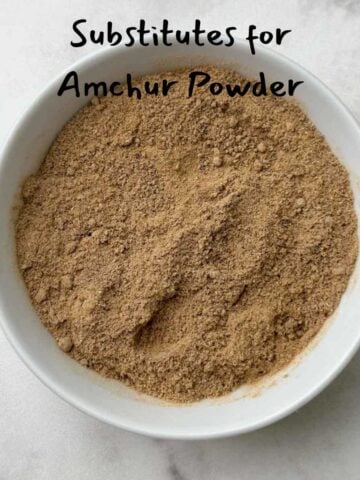
oge
helpful
Bhavana Patil
Thanks